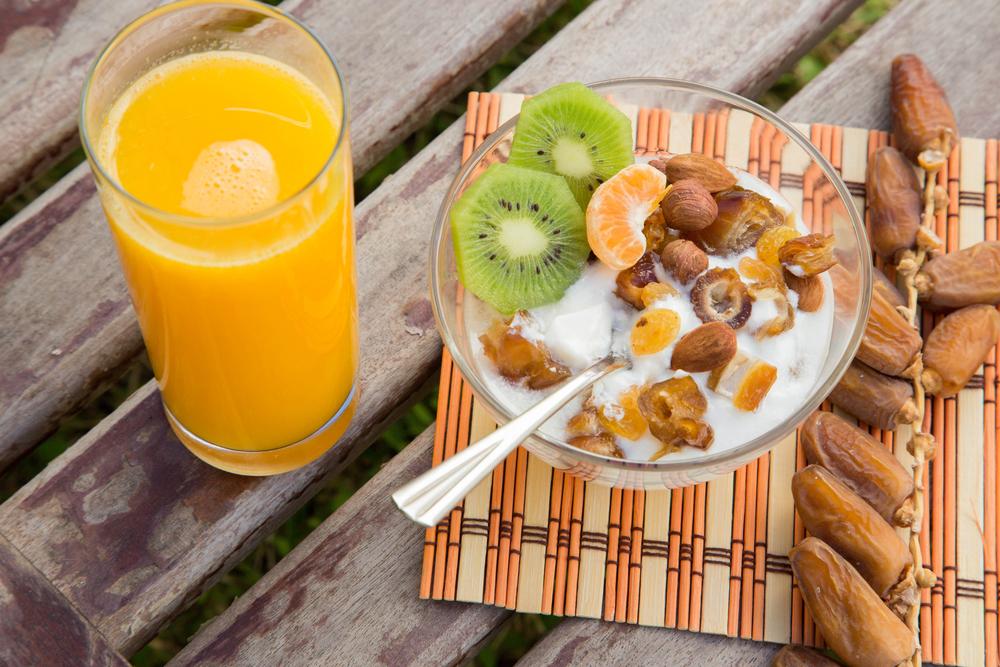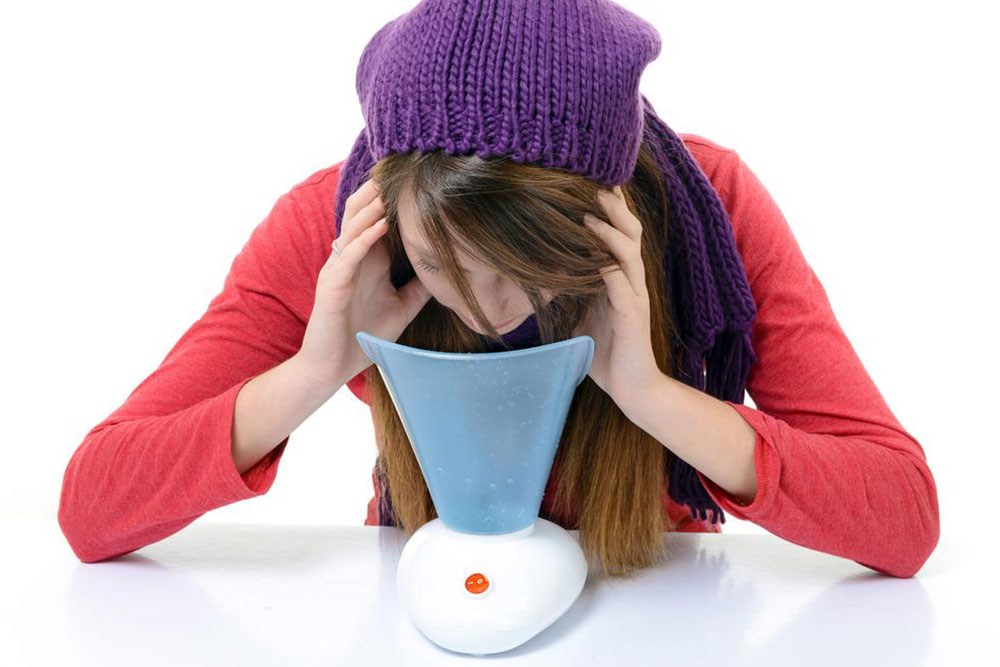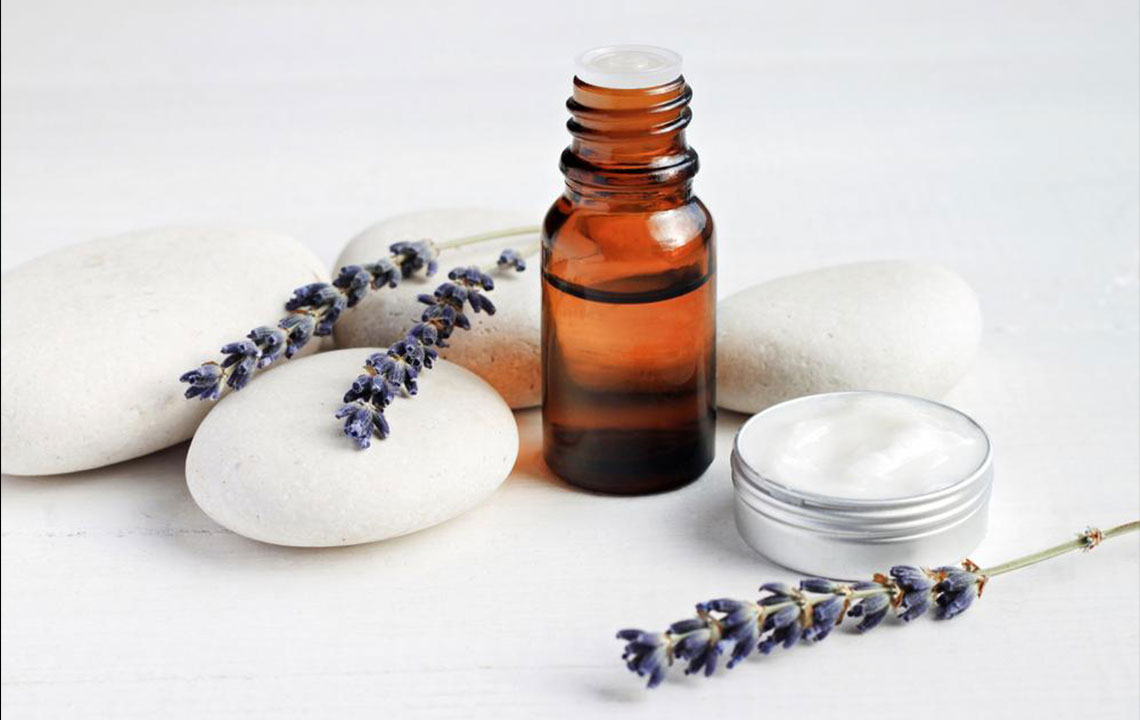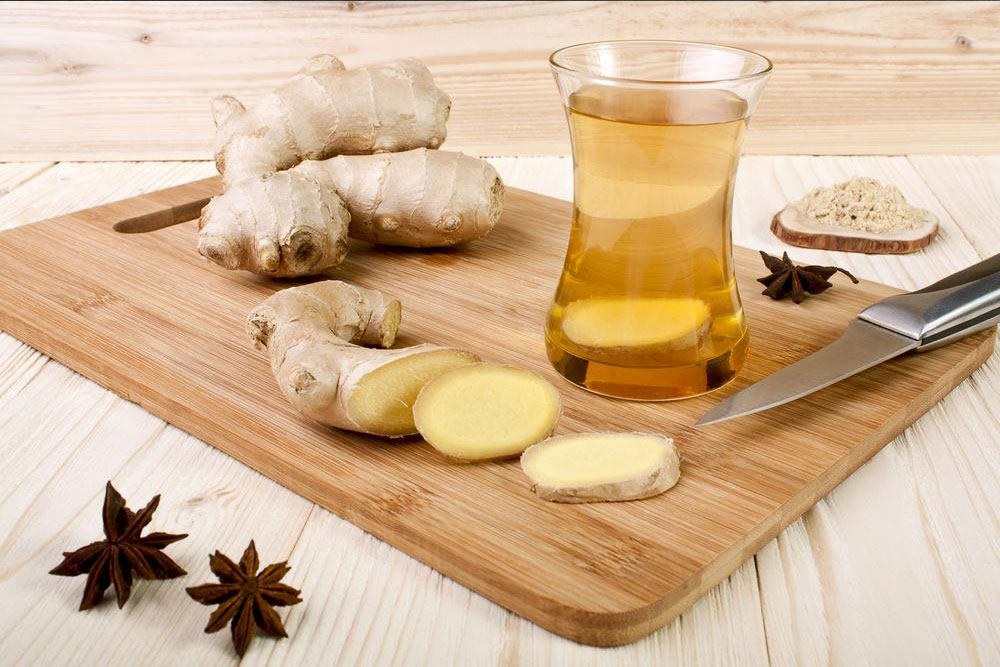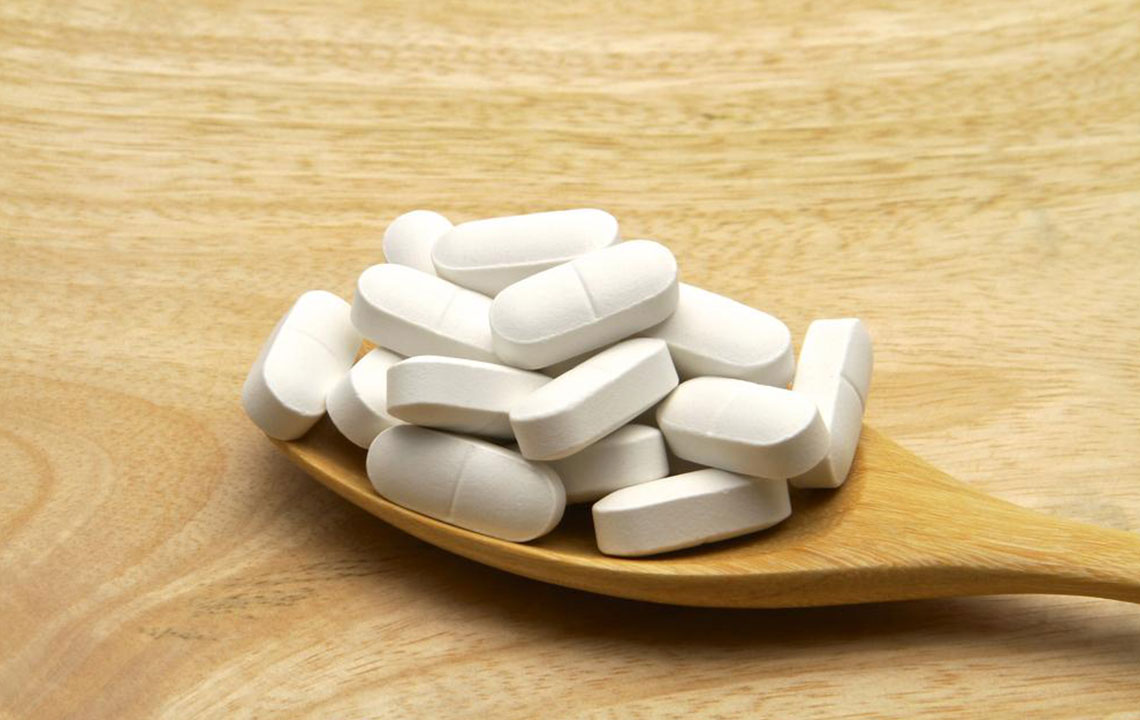Effective Dietary Tips to Minimize Mucus Overproduction
Discover effective dietary strategies to reduce mucus overproduction caused by cold or flu. Incorporate foods like ginger, chicken soup, onions, herbal teas, and spicy dishes to soothe your respiratory system and promote faster recovery. Focus on home-cooked meals, stay hydrated, and avoid trigger foods for optimal health during illness.
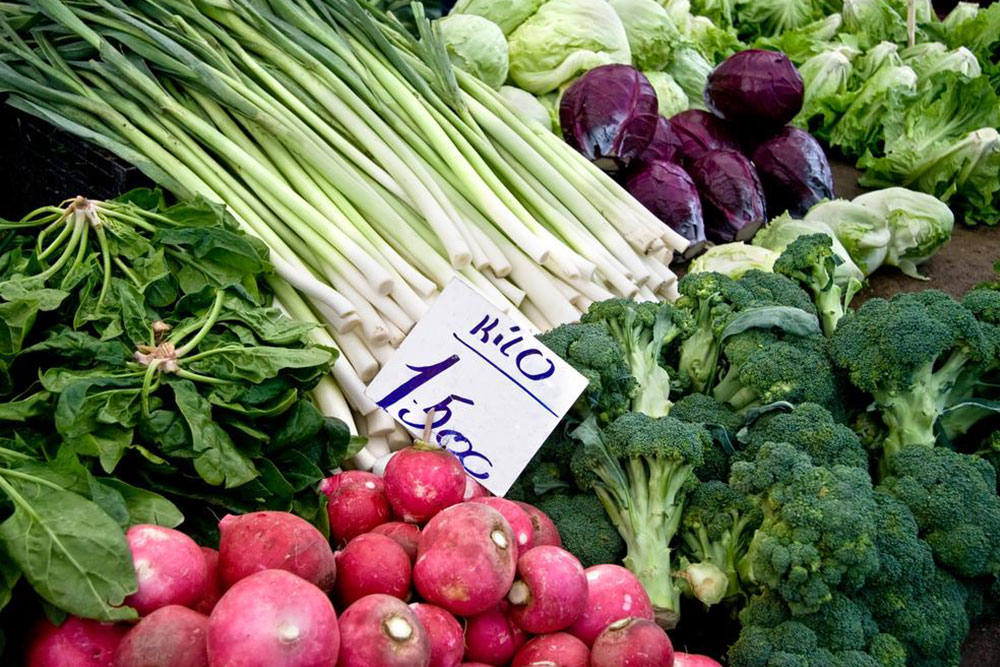
Experiencing excessive mucus due to cold or flu can be quite bothersome. Typically, mucus plays a vital role in protecting your body against infections, but overproduction in the respiratory system can cause congestion, difficulty breathing, and discomfort. To alleviate these symptoms, adopting a specialized diet during illness is beneficial. Incorporating certain foods can help reduce mucus buildup and soothe your respiratory tract.
Here are some recommended food items to include in your diet to manage mucus levels effectively:
Ginger - Known for its anti-inflammatory properties, ginger can help ease lung inflammation. Use fresh ginger in teas, broths, or soups to boost immunity and reduce swelling.
Homemade Chicken Soup - A warm, homemade chicken soup can thin mucus and soothe irritated airways, aiding recovery. Avoid canned versions for better results.
Onions - With natural antibacterial and anti-inflammatory effects, onions assist in clearing mucus from the lungs. Incorporate them into your meals or prepare onion-based tonics or inhalations.
Herbal Teas - Regular consumption of herbal teas infused with ginger, lemon, honey, or chamomile can calm your lungs and reduce coughing and mucus buildup.
Spicy Dishes - Spicy foods containing chilies or hot sauces can accelerate mucus breakdown. Consume in moderation to find relief without irritation.
Cooking at home is ideal—focusing on fresh greens, vegetables, and fruits while maintaining hydration and adequate sleep. Avoid dairy, chocolates, fried foods, refined sugars, bananas, oranges, alcohol, and red meats during this period for best results.
Disclaimer: Our blog offers useful insights based on research, but should not replace professional medical advice. Readers are encouraged to consult healthcare providers for personalized treatment options.


